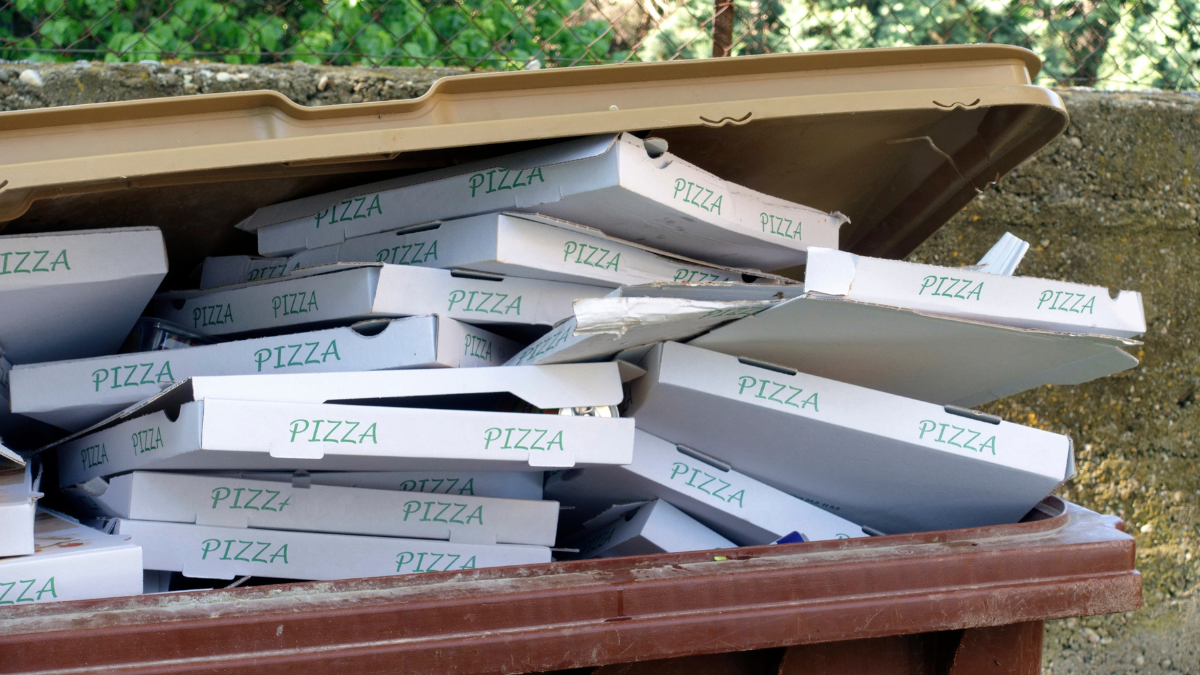Project takes aim at 'forever chemicals' with a new hybrid 'SonoBio' technology
Ultrasound technology could be key to enabling the biological breakdown of so-called 'forever chemicals', say researchers from the University of Surrey. 'Forever chemicals' are a class of extremely persistent synthetic chemicals that, even at low levels, may increase cancer risk and cause hormonal disruption and developmental abnormalities.

The research team has been awarded £947,000 from UK Research and Innovation (UKRI) to conduct a first-of-its-kind pilot that will use ultrasound technology in combination with biodegradation to break down per- and poly-fluoroalkyl substances (PFAS), which are still commonly found in products like pizza boxes, dental floss, and cookware.
SonoBio is a hybrid technology that combines high-frequency ultrasound with the activity of microorganisms to treat PFAS and turn them into relatively harmless carbon dioxide and fluoride.
Current methods struggle to fully degrade PFAS, especially when using biological processes alone. While high-frequency ultrasound can completely break down PFAS, it is most effective in certain forms and for high concentrations. The engineering of biological processes, with microbial electrochemistry, can recover energy and make the process more sustainable. So, by combining high-frequency ultrasound with (electro)microbial action, SonoBio could be a powerful, sustainable solution for the complete breakdown and removal of PFAS from the environment.
The pilot begins in 2025.
Note to editors
- Dr Madeleine Bussemaker is available for an interview; please contact mediarelations@surrey.ac.uk to arrange.
Related sustainable development goals


Featured Academics
Media Contacts
External Communications and PR team
Phone: +44 (0)1483 684380 / 688914 / 684378
Email: mediarelations@surrey.ac.uk
Out of hours: +44 (0)7773 479911



